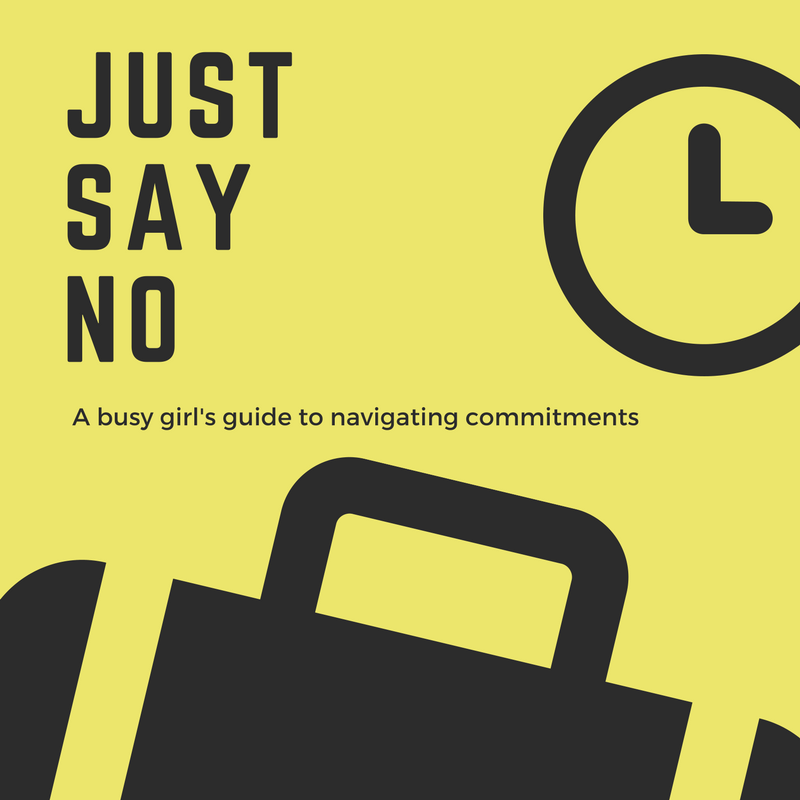Raina DeBrouwer
Being busy is a North American status symbol. While historically leisure time was a privilege only the rich could enjoy, now the opposite seems to be true. Busyness, particularly that of working professionals, indicates a level of competence and ambition. It shows that the go-getter is in demand – that their time and attention is sought after and valuable.
That said, I don’t think being busy, or even talking about being busy, is necessarily a bad thing. A relative of mine often declares that “busy people are happy people!”, a motto I’ve attempted to adopt in recent years with varying results.
I don’t believe the danger lies in committing your time to several different ventures. I also don’t think it’s a life-threatening pursuit to lament your busyness to everyone who will listen (though it may cost you a friend or two). What I do believe is that it’s important to be selective with your time.
In university, there are so many valid causes competing for your attention. Being prudent while selecting commitments is a way to both be busy and stay sane. Over four years of trial and error, here is what I’ve learned about building the perfect hectic schedule:
- Do your research
It can be tempting to jump into volunteer gigs that sound cool or will look good on a resume. The benefits of something can far outweigh the detriments from a distance. When approached with a new opportunity, it’s so important to look into it. Do your research, ask questions, and seriously consider how this additional responsibility will affect your day-to-day life. How many hours of your week will this activity consume? What happens if you are sick or on vacation? Are you able to back out if you realize the opportunity isn’t for you? These are all important things to consider before diving into a new commitment.
- Be honest with yourself
Occasionally, I’m approached with new volunteer or collaboration opportunities. When this first began happening, I’ll admit that I was flattered. It felt good that someone thought I would make a valuable contribution to their team, and because I was approached directly, I didn’t want to disappoint.
A few misaligned ventures (and mental breakdowns) later, I realized that I need to devote my time to things that I am personally invested in. As flattering as it is to be approached with new opportunities, I now leave my ego at the door and think long and hard about the sacrifices I will be required to make to take on a new commitment. Be honest with yourself. Think about how this venture aligns with your personal goals, and if it doesn’t, pass it up. Other opportunities will come.
- Just say no
What do me and the insanely talented billionaire media giant and philanthropist Oprah Winfrey have in common? Unfortunately, not much. But we are both striving to say “no” in our personal and professional lives to do less of what we don’t like and more of what we do like. Saying no is different than making excuses (however valid they may be) or halfway committing to something you really have no intention of doing. Saying no means clearly stating you have no interest in doing something. This sounds like a harsh approach, but a good friend of mine uses it often and I find it refreshing! (“Wanna go to the movies tonight?” “Nope, I’m tired. Meet next week for coffee?”) Allowing myself to simply say no makes me consider what I feel like doing in the moment. It also makes me feel better about decisions after I’ve made them – I know I did it for the right reasons.
While I still live by the “busy people are happy people” motto, it only works if the things you’re busying yourself with are enjoyable. Spend time doing things you love, and your schedule will energize you rather than drain you.





